My Battle with the "B-Word"
Last week I was doing an informal talk on bellydance at a bookstore. A woman came in, not even knowing there was one scheduled. She heard the Pandora bellydance station playing on the store sound system and did a little dance to herself as she waited for the clerk. She dropped in to chat with me. It turns out that this woman, who was in her 60’s, used to dance with Anahid Sofian in New York City when she was in her 20’s. She shared many stories of the New York scene in its heyday when people like Morocco were headlining clubs, backed by fabulous bands.
When she first walked in, I didn’t know her background of course. Thinking I was talking to a complete civilian, I told her we were going to talk about some popular ideas and misconceptions about belly dance. She replied, “like the word bellydance itself.” Oh yes! Myself, I’ve had a very ambivalent and reluctant relationship with the “B-word.”
When I started studying about 15 years ago, I didn’t think much about the word and accepted it on the face value of what I understood it to be in the general public at the time. For me, this was minus the stripper notions because I’d seen plenty of classy cabaret dancers growing up in the Philadelphia area. My parents loved live entertainment of all sorts and took us to tons of ethnic events and restaurants. It may have been a year or two into dancing that I even became aware of the unfortunate and uninformed association between the two.
After I’d been in the sparkly mix for about 5 years, I started to explore the folkloric roots and cultural information. At this point, I developed a distinct dislike for the world “bellydance” because even in its best general public definition, I felt it really didn’t convey the culture and tradition of this worthy dance style. At its worst, it did convey a lot of sexpot stereotypes.
When I began to teach and do more culturally oriented performances, I made a concerted effort to not use the word “bellydance” on my advertising, website or in conversations about what I personally was doing. I used terms like “Middle Eastern dance”, “raks sharqui” or “Egyptian dance” to try to get my message across. Face to face conversations usually went something like this:
Joe Public: Oh, you perform! What do you do?
Me: I do Middle Eastern dance.
Joe Public: <blank stare>
(Maybe he’s not the brightest crayon in the box.. I wait for him to process this.)
<still staring>
Me: You know, like bellydance. <grits teeth>
Joe Public: <lights up in recognition> Cool!
Me: <sigh>
I swam upstream with this for about 2 or 3 years. Yes, I am stubborn. Eventually I realized that right or wrong, this was really a losing battle – and one that was not very pragmatic from a business standpoint. So I reluctantly, and carefully began to include the word “bellydance” on my cards and in my conversations. There was definitely still some teeth gritting going on at first.
Perhaps I think too much, but for me I really needed a way to live and dance peacefully with the “B-word.” In the bigger world at the time, Bellydance Superstars was becoming more visible on the pop culture scene. I absolutely have some gripes with the project, but at least it wasn’t a stage full of scantily clad belly-bunnies.
My personal paradigm shift happened around year 12. I decided to accept the word “bellydance” and use it openly and with conviction. I decided that I would claim and wear the badge with integrity and be the best example I could be of the culture, grace and joy our dance has to share with the world. And if the masses want to call me a “bellydancer”…. well, I will do my part to help them redefine it.
Now the conversation goes more like this…
Joe Public: Oh, you perform? What do you do?
Me: I bellydance professionally. I teach and perform the dance styles of Egypt and around the Middle East – the ones you’ve probably seen as bellydance and the folkloric styles also.
Joe Public: <no blank stare!> Cool!
“BELLYDANCE” Do you love the word or loathe it? Have your feelings about being identified as a “bellydancer” changed over the years you have been involved?
I know you’ve got opinions! Tell us in the comments below…

